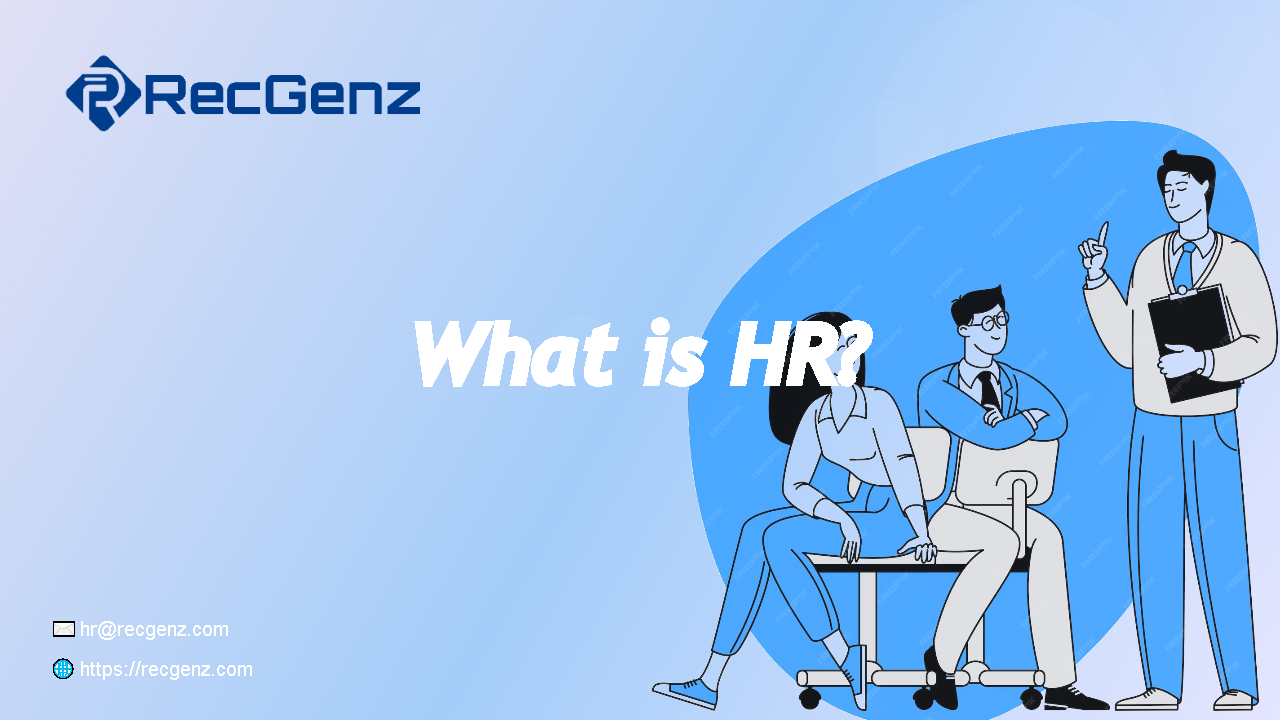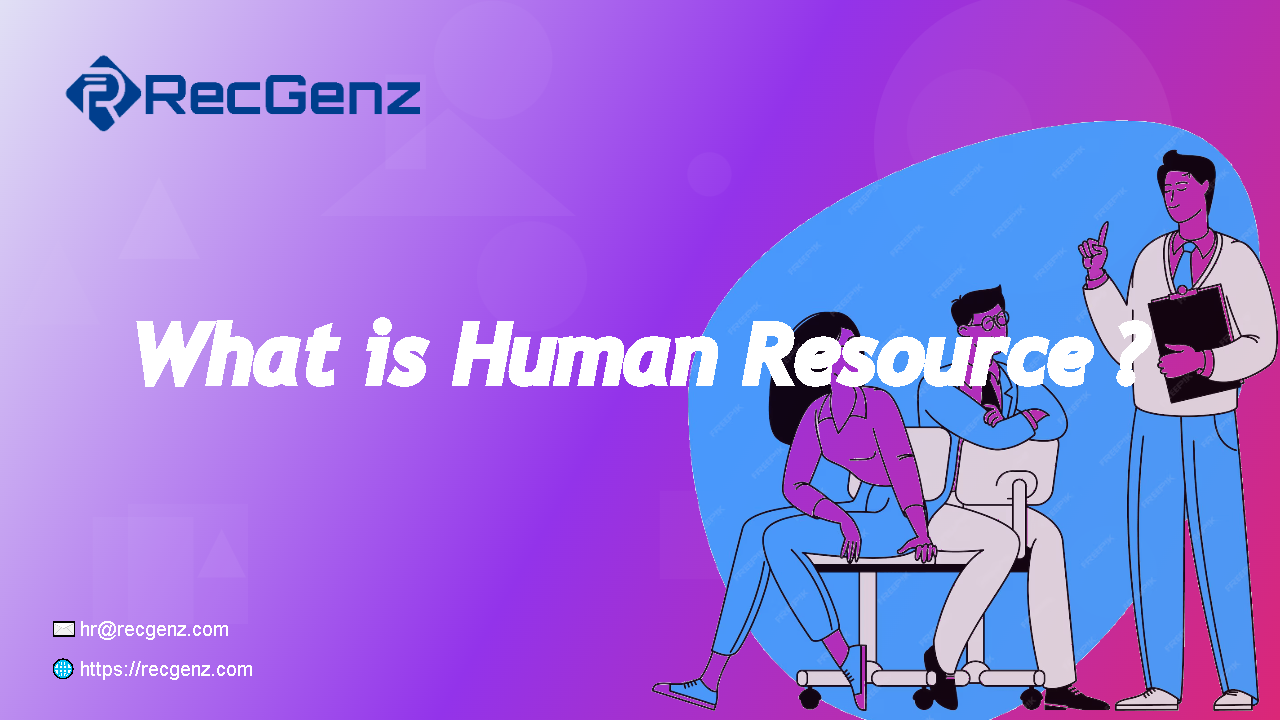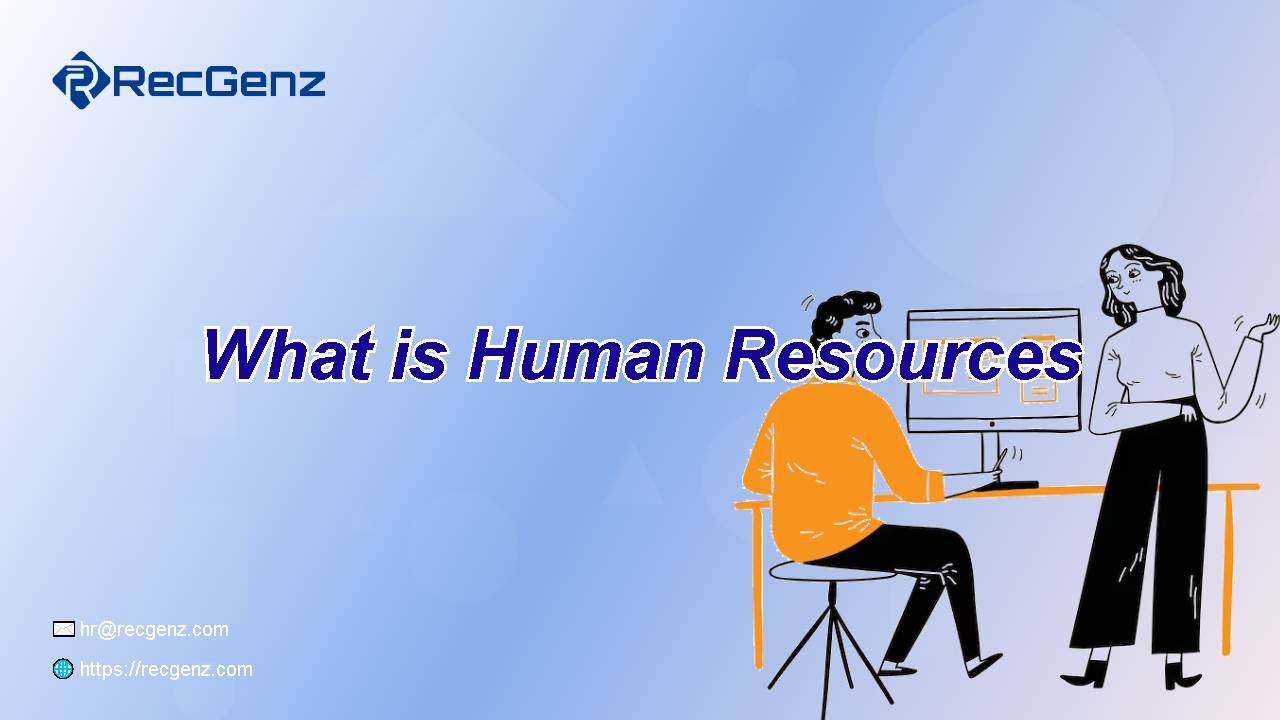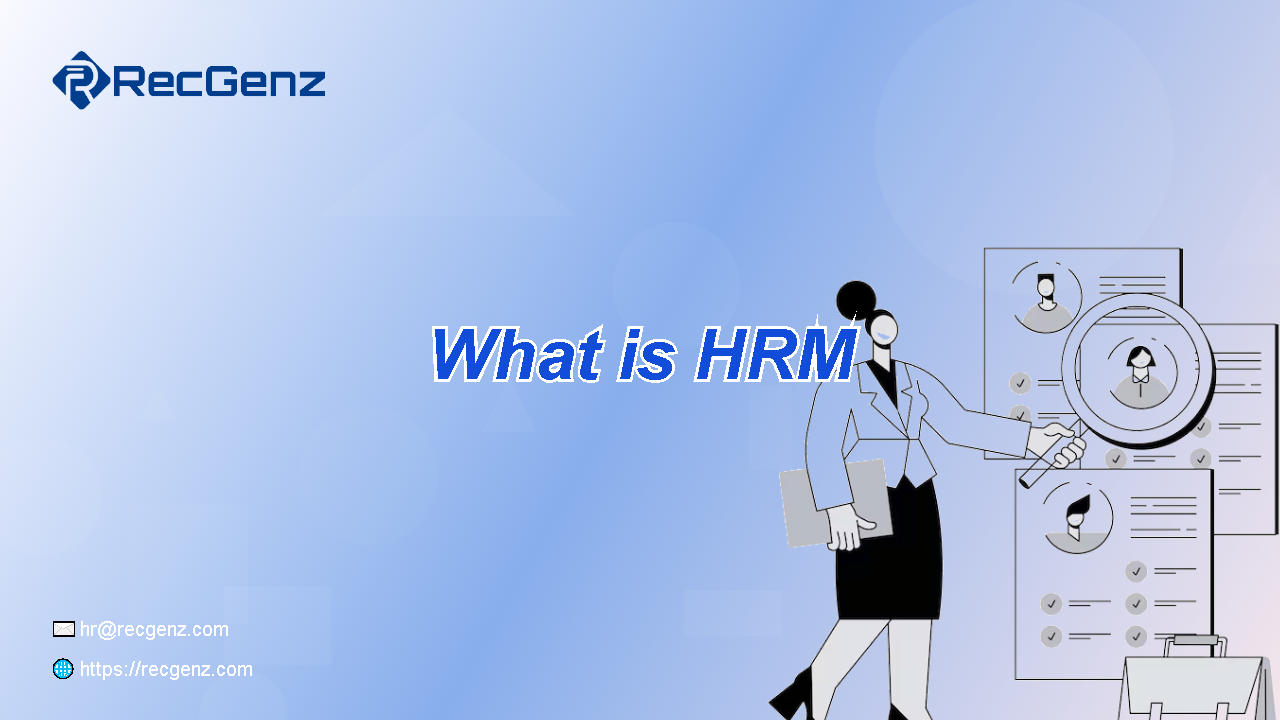What is the Future of Work?
Trends shaping how we work, including remote work, AI, and the gig economy.
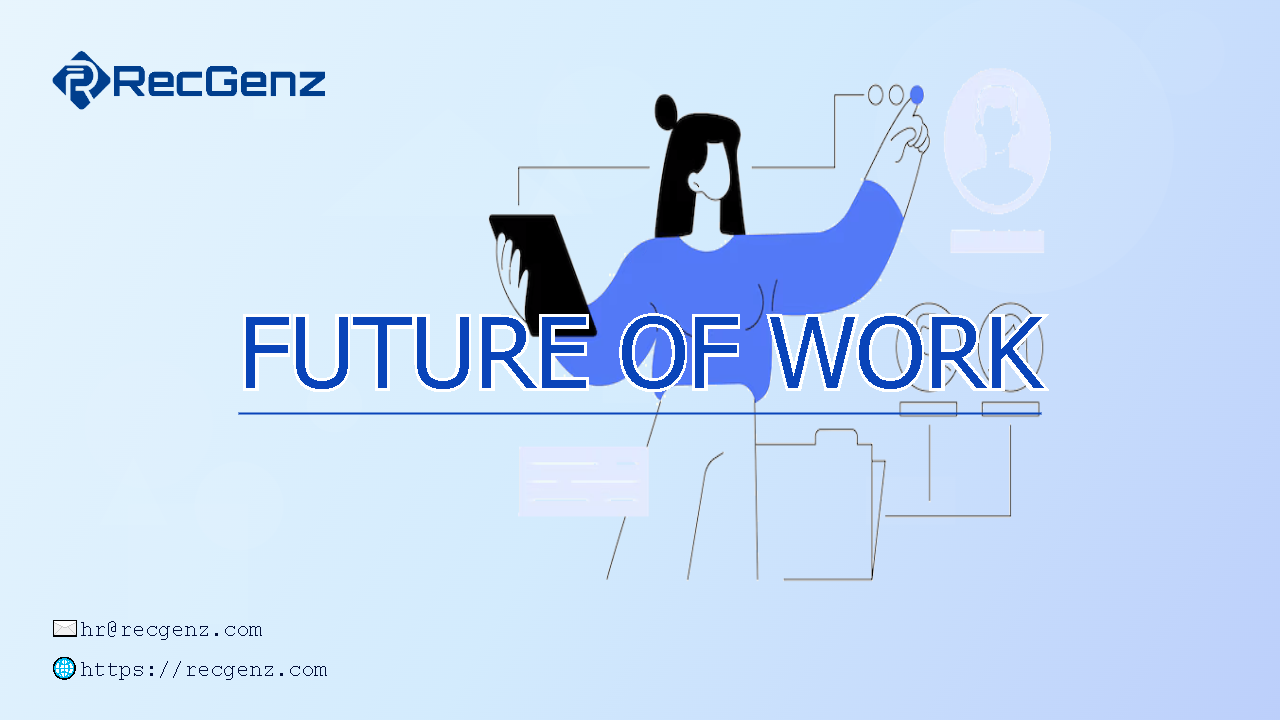
What is the Future of Work?
The future of work describes how technological advancements, evolving workforce expectations, and global trends are reshaping jobs, workplaces, and careers. From AI automation to remote-first models, organizations must adapt to remain competitive and relevant.
Understanding these trends enables HR leaders and executives to design agile strategies that support both organizational success and employee satisfaction.
Key Trends Shaping the Future of Work
- Remote & Hybrid Work: Flexible models are becoming the norm, with employees expecting location independence.
- AI & Automation: Routine tasks are being automated, freeing employees to focus on higher-value work.
- Gig Economy: Short-term contracts and freelance opportunities are increasing workforce flexibility.
- Reskilling & Upskilling: Lifelong learning is essential as roles evolve and new skills are demanded.
- Employee Experience: Organizations are prioritizing wellbeing, culture, and personalized career paths.
Impact on Organizations
These shifts require organizations to rethink leadership, HR practices, and workforce structures. Companies that embrace technology and prioritize people-centric strategies will be more resilient in uncertain times.
Preparing for the Future of Work
- Invest in continuous learning and employee development programs.
- Adopt flexible policies that balance organizational needs with employee expectations.
- Leverage AI and automation responsibly to enhance productivity.
- Encourage diversity, equity, and inclusion to foster innovation.
- Redesign workplaces for collaboration, wellbeing, and agility.
The Outlook Ahead
The future of work will be dynamic, digital, and employee-driven. By harnessing emerging technologies, data insights, and adaptive leadership, organizations can create sustainable and competitive workplaces.
Businesses that stay ahead of these trends will not only attract and retain talent but also thrive in the evolving global economy.
Key Takeaways
- The future of work is shaped by technology, flexibility, and evolving workforce expectations.
- Remote work, AI, and the gig economy are major drivers of change.
- Organizations must invest in reskilling and employee experience to stay competitive.
- Adaptive, people-first strategies will define successful companies of tomorrow.

